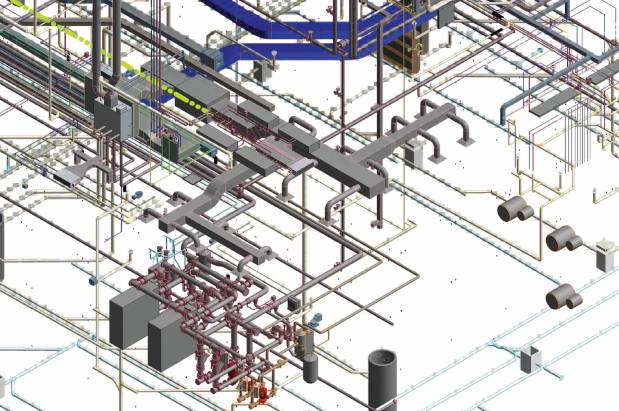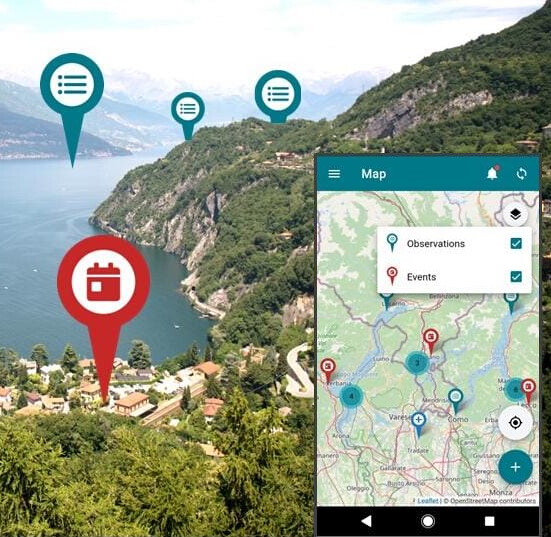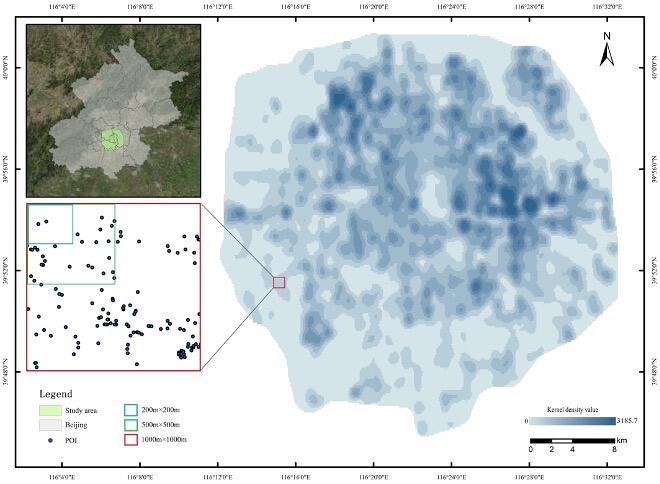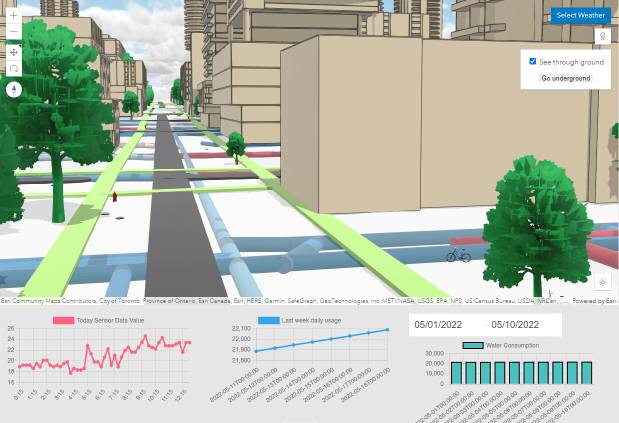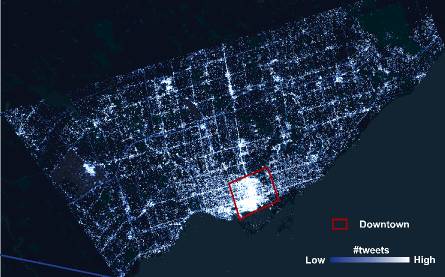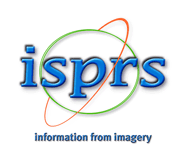ISPRS WG IV/7
Intelligent Systems in Sensor Web and IoT
Our Mission
ISPRS WG IV/7 aims to promote the advancement of and international collaboration on open standards, methods, algorithms, and systems related to sensor web, internet of things (IoT), crowdsourcing, and intelligent systems to support human decision and planning, facilitate knowledge-aware digital twins, and improve governance of smart cities. In addition, we will consider aspects beyond technologies, i.e., social and organizational issues related to the real-time use and citizen trustiness of data obtained from sensors, IoT devices, and crowdsourcing. We will work on organizing workshops, publishing special journal issues, and developing benchmarking cases, and collaborating with other related international entities.
Working Group Officers | ||
Chair | ||
 | Songnian Li Department of Civil Engineering Toronto Metropolitan University (formerly Ryerson University) 350 Victoria St. Toronto, ON M5B 2K3 CANADA
| |
Co-Chair | ||
 | Monica Wachowicz Geospatial Science RMIT University 124 La Trobe Street Melbourne VIC 3000 AUSTRALIA
| |
Co-Chair | ||
 | Shishuo Xu Beijing University of Civil Engineering and Architecture 15 Yongyuan Rd Daxing district Beijing CHINA
| |
Secretary | ||
 | Daniele Oxoli Civil and Environmental Engineering Politecnico di Milano P.zza Leonardo da Vinci 32 20133, Milano ITALY
| |
Terms of Reference
- WG IV/7 aims at advancing and/or promoting the development and international collaboration in the following areas:
- Fusion and integration of data from sensors, IoT devices, and crowd sources for supporting digital twins and smart cities.
- New methods and techniques (e.g., machine learning and deep learning based, decentralized processing, and edge computing) for analyzing, predicting, and simulating data from sensors, IoT devices, and crowd sources.
- Research on ethical use of and trust in data from ubiquitous sensors, IoT devices, crowdsourcing, and intelligent systems.
- Potential of sensor web, Internet of Things, crowdsourcing, participatory and intelligent systems for user-centered planning and decision support.
- Efficient use of the data from sensors, IoT devices, crowdsourcing, and intelligent/participatory systems for supporting the implementation of UNs’ SDGs.
- Promote career development of youth and next-generation scientists and researchers.
WG IV/7
